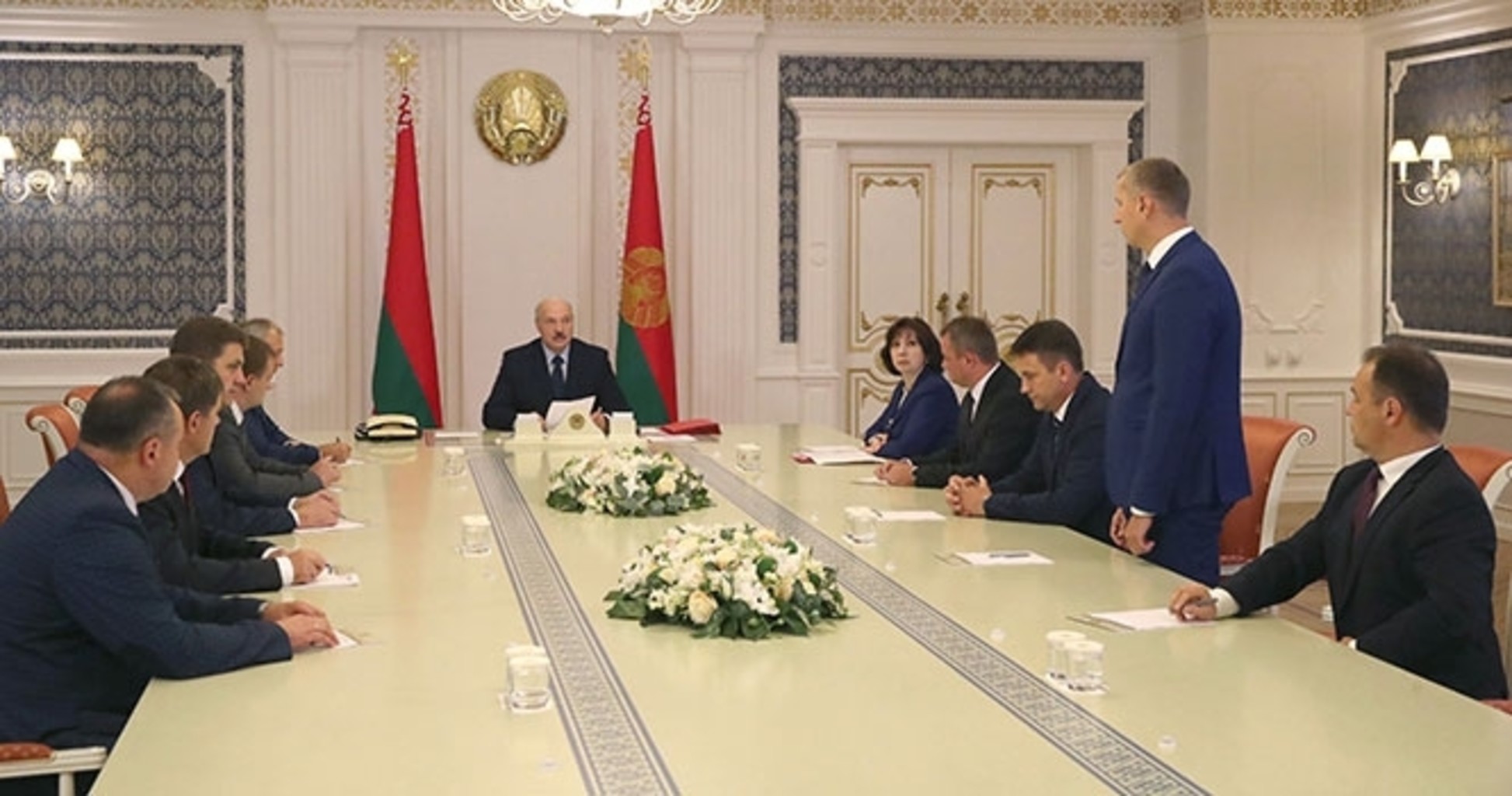Lukashenka has appointed a new government, which is likely to tame industrialists’ appetite and whet marketeers’
 The situation has gotten better
The situation has gotten better

President Lukashenka has appointed a new government, which is likely to pursue a more efficient economic policy. He has sharply restricted the industrial lobby’s capacities and empowered liberalists. In addition, the authorities appear to have become sensitive to public opinion.
The president has weakened the positions of industrialists in the government, who insisted on re-industrialisation. In the new government, the industrialist lobby’s influence on the state economic policy is likely to reduce sharply, so as the leadership appears to have realised that all attempts to preserve the public sector of the economy through state subsidies would be futile. The new Prime Minister and his deputies are relatively young (all under 50 years old) and previously pursued the policy of financial discipline and structural balance in close cooperation with international financial institutions (not only the IMF, the World Bank, and the EBRD, but also the EDB). Prime Minister Nikolai Rumas headed the Development Bank prior to his appointment.
Most likely, the government has been replaced due to the failure of the pilot re-industrialisation project in Orsha, which was supposed to become a showcase for other troubled Belarusian regions. President Lukashenka approved massive state investments in the Orsha district after the massive protests against the ‘decree on social dependants’ in early 2018.
Industrialists attempted to play on the top leadership’s concerns about the protest movement to resume the policy of job retention in the public sector, based on heavy subsidies and state investments. Meanwhile, the policy of flooding loss-making inefficient production facilities with government investments has once again proved inefficient.
In addition, the political leadership is adjusting its information and ideological policy. The president appears to be willing to respond to criticism of the state apparatus’ performance, voiced through the online media and social networks. Simultaneously, he is equally wary of reduced loyalty towards him among public officials and lowered confidence in the state apparatus among the population.
Subscribe to our newsletter




Situation in Belarus
Constitutional referendum: main consequences


 Video
Video
How to count the political prisoners: are the new criteria needed?


 Video
Video
Paternalism In Decline, Belarusian Euroscepticism, And The Influence Of Russia


 Video
Video












